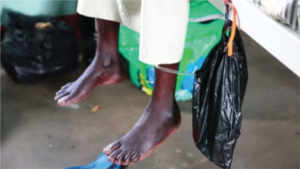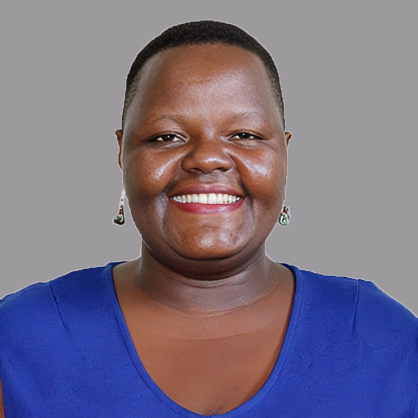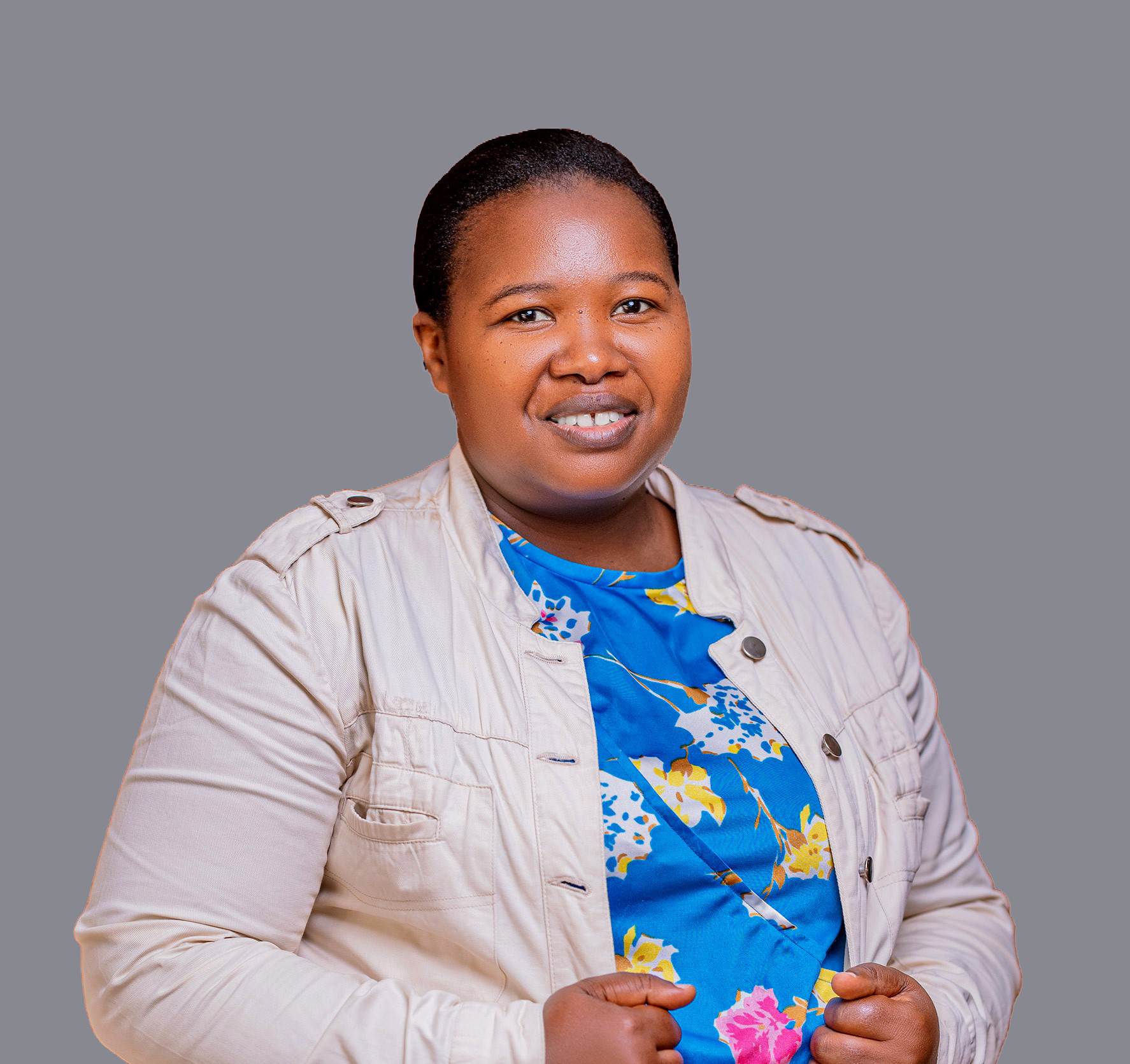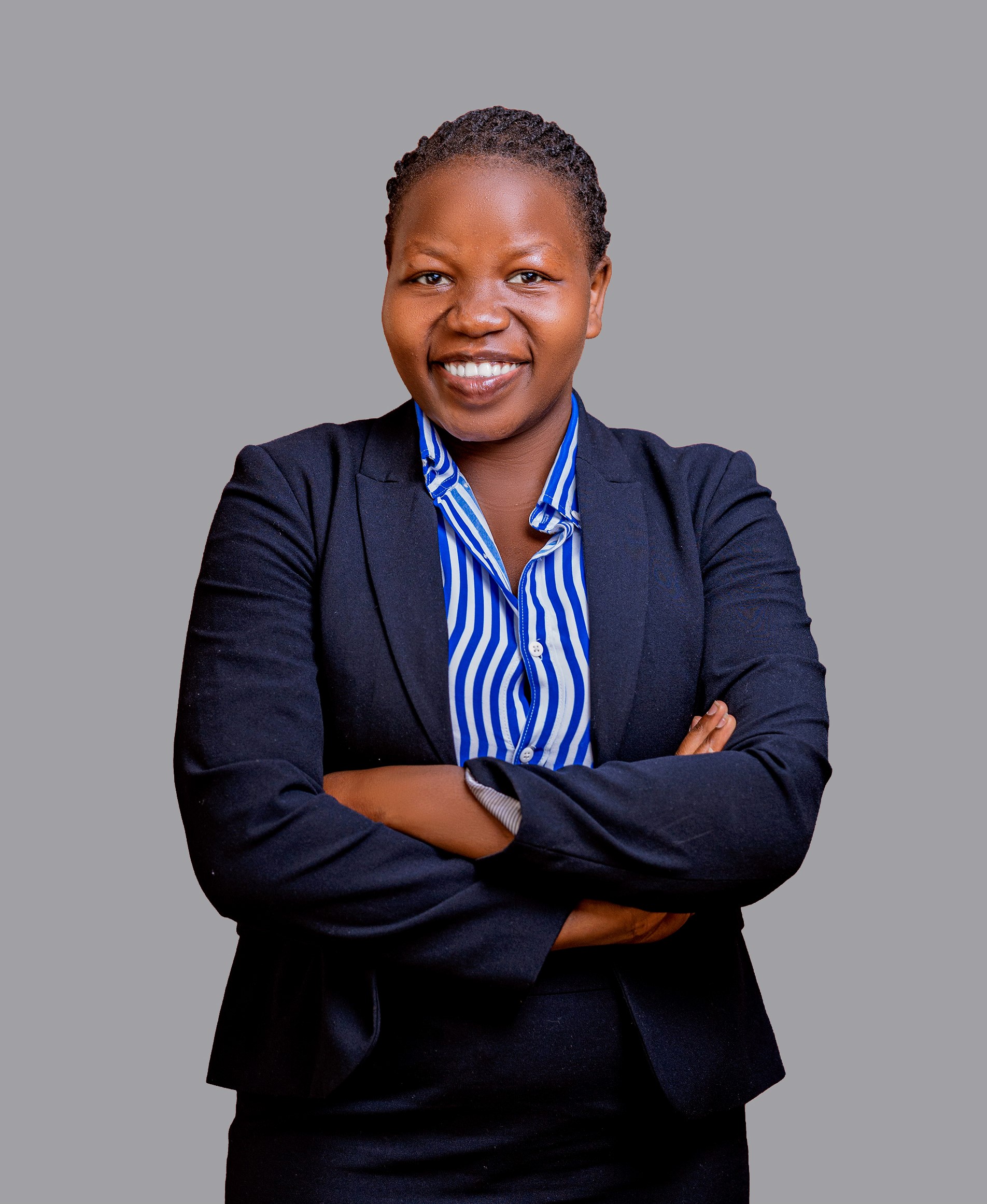According to the United Nations, Obstetric fistula is a hole between the birth canal and bladder or rectum, caused by prolonged, obstructed labour without access to timely, high-quality medical treatment. This abnormal opening leaves women and girls with a constant leakage of urine, stool or both, and often leads to chronic medical problems, depression, social isolation and deepening poverty. Ninety percent of pregnancies involving fistula end in stillbirth.
Obstetric fistula continues to affect the lives of thousands of women in Uganda. This debilitating condition leaves affected individuals with chronic incontinence and often social isolation.
The National Library of Medicine (National center for Biometric information) highlights that in Uganda, the current lifetime prevalence of vaginal fistula symptoms is estimated to be between 16.3-22.5 per 1,000 women of reproductive age. This translates to an estimated 140,000 – 200,000 women and girls living with fistula in the country, with over 1,900 new cases occurring annually.
The United Nations estimates that at least two million women live with fistula in developing countries, with 50,000 to 100,000 new cases occurring each year and these numbers represent only those seeking treatment. Women and girls in Africa, south of the Sahara, are mostly affected by fistula as well as other illnesses from sexual and reproductive health causes.
The Ugandan government has taken important steps to address this issue. In 2011, the country enacted the National Obstetric Fistula Strategy (2011/12-2015/16) which aims to guide the implementation of prevention, treatment and re-integration activities for obstetric fistula. This has led to increased awareness, training of specialized fistula surgeons, and the establishment of dedicated fistula repair centers across the country.
Strategic partners in Uganda have also followed suit and have been seen to implement the government’s strategy. The Kingdom of Buganda forexample is also dedicated to raising awareness about obstetric fistula among mothers in the central region. To achieve this, the kingdom collaborates with key hospitals in Buganda, such as Kitovu Hospital in Masaka District, to establish necessary infrastructure and provide support. The Kabaka Foundation, a prominent organization within the kingdom, actively participates in these efforts by organizing an annual Kabaka Birthday run which focuses on fistula awareness, among others. These events serve as a platform to educate the community and garner support from both local and international sources to fund initiatives aimed at preventing and treating obstetric fistula.
The Terrewode Women Community Hospital – Soroti District, under the leadership of Executive Director Ms. Alice Emasu, has made a significant difference as well by saving the lives of more than two thousand (2,000) women suffering from fistula over a span of five years. We need to see more of such initiatives to create a significant impact.
However, despite these efforts, challenges remain. The New Vision publication by Umar Kashaka on 8th May 2024 highlights the worry of the Uganda Ministry of Health on the rising backlog of fistula cases. In this article, the Assistant Commissioner of Clinical Services in the Ministry of Health Dr Alex Wasomoke is quoted to have revealed that approximately 1500 fistula operations are carried out in a year but 1,900 new cases are reported annually, leaving a backlog of over 400 cases unattended to. He also noted that each fistula patient needs $400 (1.5m) to undergo surgery and this is a direct affordability concern and a barrier to access of quality care services.
An article authored by Ndyaye and published in the Daily Monitor on May 20th, 2024, reveals that Uganda currently only has 25 surgeons specializing in fistula repair, a shocking revelation considering the immense demand for such services. These skilled providers have successfully treated thousands of fistula cases, restoring dignity and hope to women and girls who had lost all. However, the demand for fistula treatment remains largely unmet, leaving countless women unable to access these life-changing services.
Women living with obstetric fistula encounter a multitude of challenges across various aspects of their lives. Physically, they struggle with urinary and/or fecal incontinence, which can lead to skin issues such as rashes and sores, as well as complications like foot drop. Fertility concerns, post repair surgery often plague these women, with uncertainties about their reproductive capabilities and fears of recurrence during future pregnancies. Psychologically, they face disruptions in social relationships, potential divorce, and the potential heart-wrenching loss of their babies through neonatal death.
The stigma, discrimination, and resultant isolation from their communities contribute to feelings of depression and low self-esteem. Economically, women with fistula experience a loss of livelihood, becoming heavily reliant on family members for support, and struggle to afford necessary treatment and transportation to healthcare facilities. Socially, they encounter challenges such as impaired marital status and responsibilities, limited participation in community activities, and various forms of discrimination based on health, disability, marital status, education, and socioeconomic standing.
Despite these hurdles, many women can successfully reintegrate into their communities post-repair, although relationship issues and fertility anxieties often persist. It is important to address the holistic needs of women with fistula, encompassing physical, psychological, social, and economic support, to facilitate their complete recovery and successful reintegration into society.
Underlying social factors such as poverty, gender inequality, child marriage, and limited access to quality maternal healthcare continue to drive the persistence of obstetric fistula in Uganda. Addressing these social factors through multi-sectoral interventions is crucial to achieving the goal of ending fistula by 2030.
On this International Day to End Obstetric Fistula, we therefore call upon the government and all actors to renew its strength towards this cause. Increased investment in prevention, treatment, and rehabilitation services is needed, along with empowering women and girls, challenging harmful social norms, and strengthening the overall healthcare system. Employing a comprehensive rights-based and multisectoral approach, at large, can finally place obstetric fistula to the history books in Uganda and beyond.
It is very possible to change the status quo and impact society positively.
Compiled by Jacqueline Twemanye, Communications Department, Center for Health, Human Rights and Development (CEHURD).







